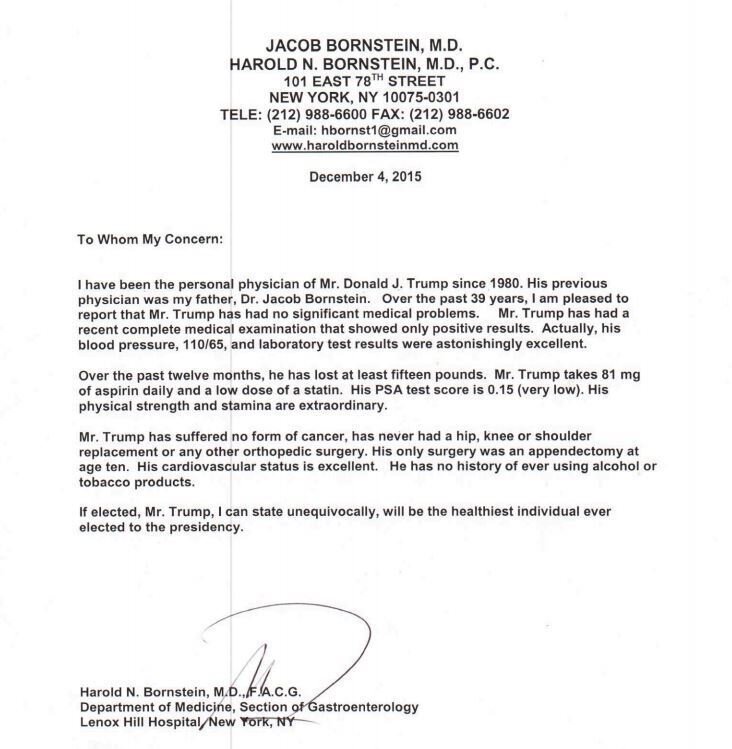Ready for prime time?
This is a controversial question, which will undoubtedly leave practitioners with divided opinions. When exactly do we reach a tipping point, beyond which we feel that there is enough evidence to implement a therapy? This is almost more of a philosophical question than a scientific one, making it impossible to reach consensus. Hardcore evidence-based medicine disciples may be aghast at using a therapy without a large multi-center RCT, whereas more integrative, theoretically-minded clinicians may be willing to consider it.
It would certainly be nice to have a large, multicenter, placebo-controlled RCT. However, not every therapy requires one. The use of vitamin C to treat scurvy is based on a single-center open-label trial involving twelve sailors. There isn't any RCT proving that potassium should be repleted among patients with septic shock. Replacing an essential endogenous substance which is deficient doesn't necessarily mandate level-I evidence.
Although a single unassailable RCT is lacking, an extensive body of evidence does exist regarding vitamin C and thiamine. Over a half-century of experimentation attests to the safety of these vitamins. Several RCTs suggest that they are beneficial in critical illness, as reviewed above. Marik's results have similarities to prior RCTs, implying replicability. This clinical evidence is supported by robust basic science.
Clinical practice isn't scientifically perfect. Nearly all of our current therapies for sepsis lack level-I evidence. On the front lines of critical care, we are forced to treat dying patients based on the evidence that we have, not the evidence that we might wish for. In the context of this imperfect reality, treating septic patients with Vitamin C and thiamine may be a rational and evidence-based practice. Indeed, some authors recommended using IV vitamin C even
beforeMarik's study was released (
Honore 2016)

